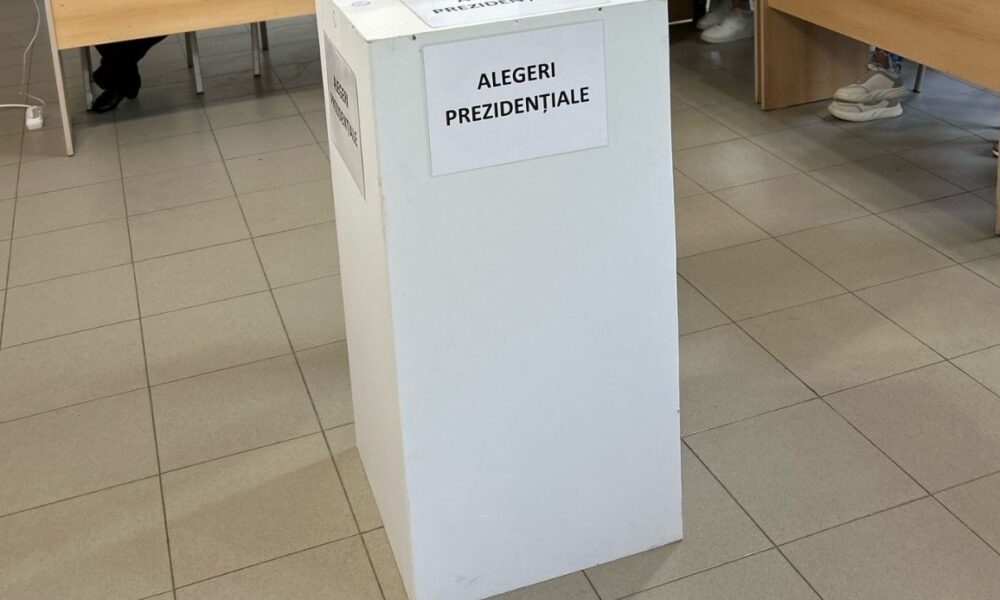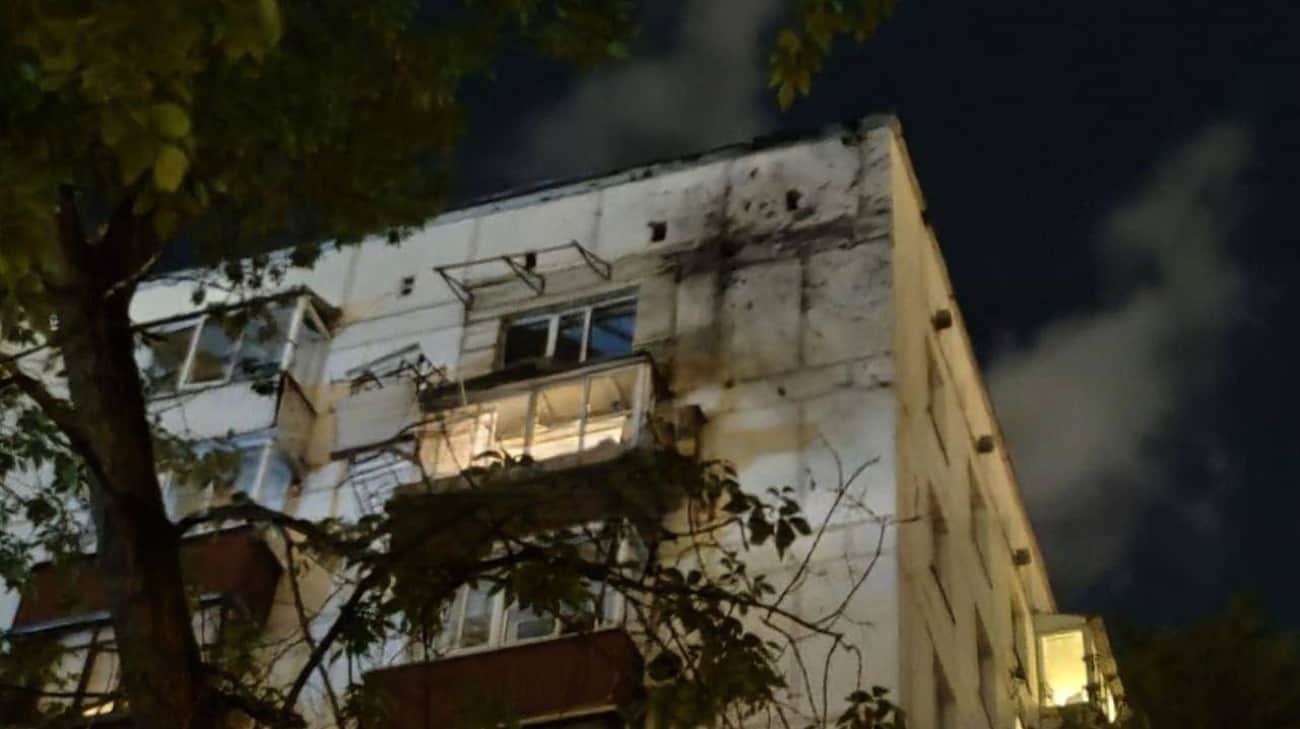Problems found in choices by OSCE observers

The key aspects of the elections were left without sufficient supervision, the reaction of the authorities, although improved, being fragmented and devoid of transparency, shows a preliminary report of the Office for Democratic Institutions and Human Rights (rest) of OSCE presented on Monday in a press conference.
‘The recent efforts of the Romanian state authorities to improve the electoral integrity are notable. The choices were managed effectively. However, they were marked by insufficient supervision of key aspects of the campaign, « said the head of the delegation of the Parliamentary Assembly of the OSCE, Lucie Potuckova.
She referred to inauthentic contents online and appreciated the legislative framework as appropriate, but the ‘recent changes did not solve sufficiently the problems that have an impact on public trust.’.
The OSCE representative said that the public media were balanced, but others ‘reflected political affiliates’.
In conclusion, Potuckova claimed that the first round of the elections was managed effectively, ‘but a greater transparency and legislative certainty for both voters and candidates’.
The expert added that the surveillance of the online environment is divided between institutions, which leads to ‘fragmented reactions and limited transparency’.
« Our role is not to do police in the online environment, nor to count the false contents or coordinated handling cases, our role is to see if the authorities are ready and capable of detecting and reacting to such activities, » the head of the rest mission, Eoghan Murphy.
He recalled that during the campaign period, over 450 online accounts were marked by the Ministry of Internal Affairs (MAI), and 240 by the National Authority for Administration and Regulation in Communications (ANCOM). He also said, the Central Electoral Bureau (BEC) notified the Permanent Electoral Authority (AEP) of approximately 200 accounts that had false contents.
The expert noted that ‘a lack of constant in terms of decisions and lack of information in managing these cases have led to confusion among candidates and supporters about what is allowed and what is not allowed’.
In this regard, Murphy stressed, there is limited information about what platforms have done in cases of false content. Moreover, some of these deleted messages have reappeared online.
In the case of Romania, he showed, there were attempts to influence the views of some posts, the use of boots, trains and materials generated by artificial intelligence, to amplify or suppress the contents issued by the candidates.
‘The authorities made efforts to make improvements in the field, but I noticed that the reaction was fragmented and that it was not transparent. For example, I saw a statement from ANCOM, one from May, the other from the bulb about the accounts targeted for non -authentic contents or for other reasons. We do not know if it is the same accounts, we do not know what is behind these accounts and we do not know if they have been closed, ‘the expert said.
The representative of the OSCE appreciated that ‘the authorities have the last word when they say if it was foreign interference (in elections – no)’.
Regarding the journalistic reflection of the election, Murphy noted that ‘the intense and non -transparent financing of some media by political parties undermine the pluralist character of this field’.
‘We do not believe that the public knew what messages in the media were paid and not on private television. It is a condition for informed choices, ‘he added.
The OSCE mission remains in Romania until May 25 and after the second round of the presidential elections it will publish a final report, with possible recommendations for the Romanian authorities.







